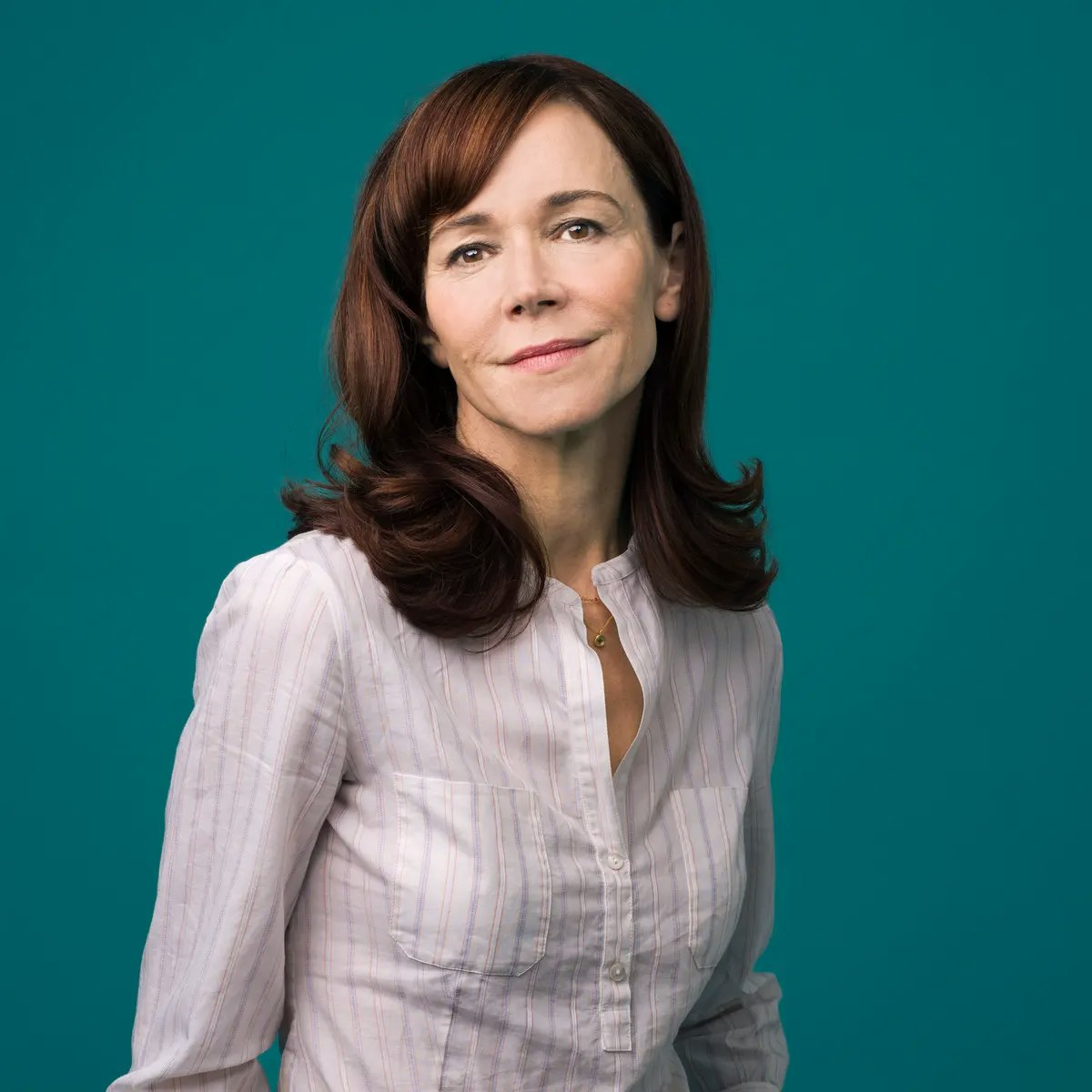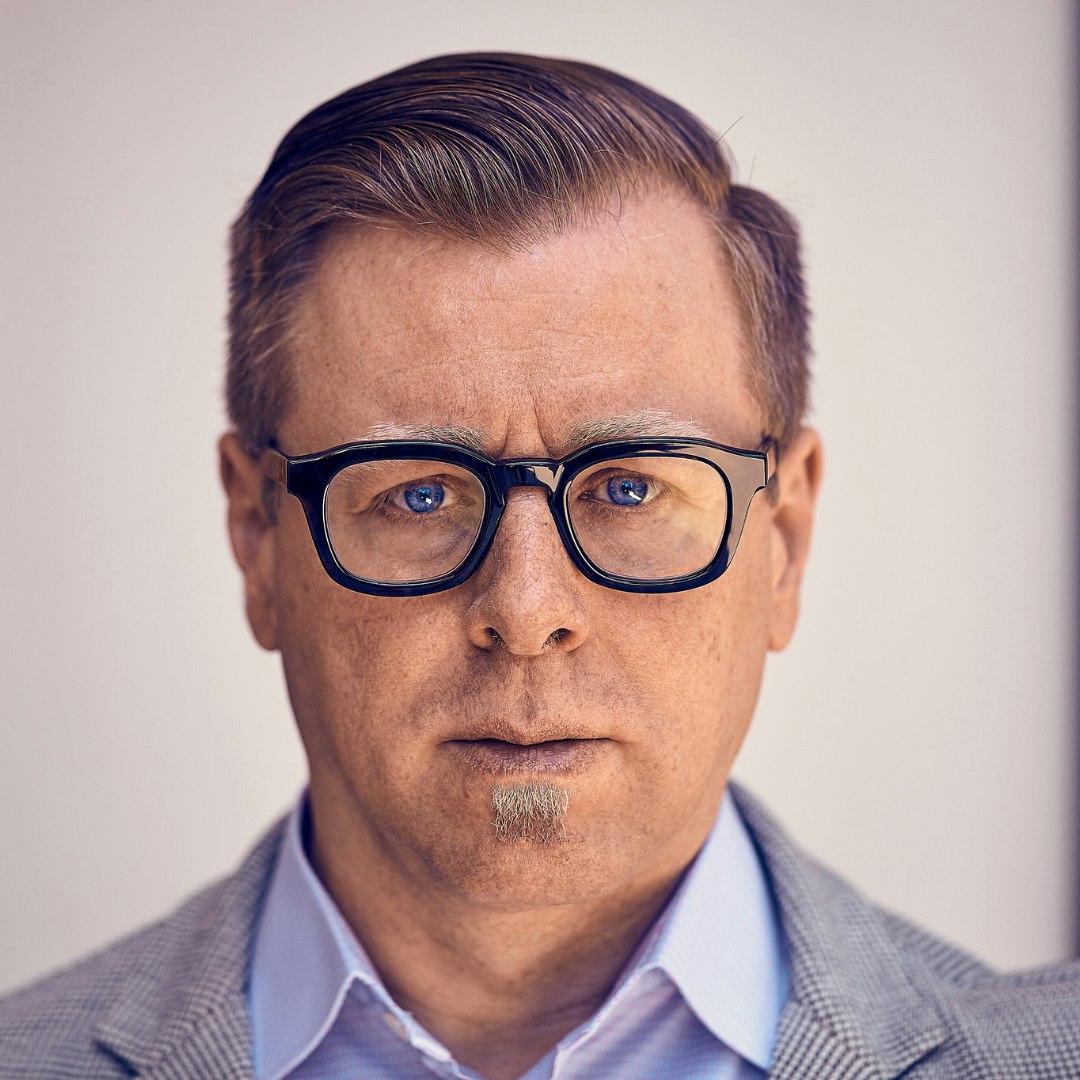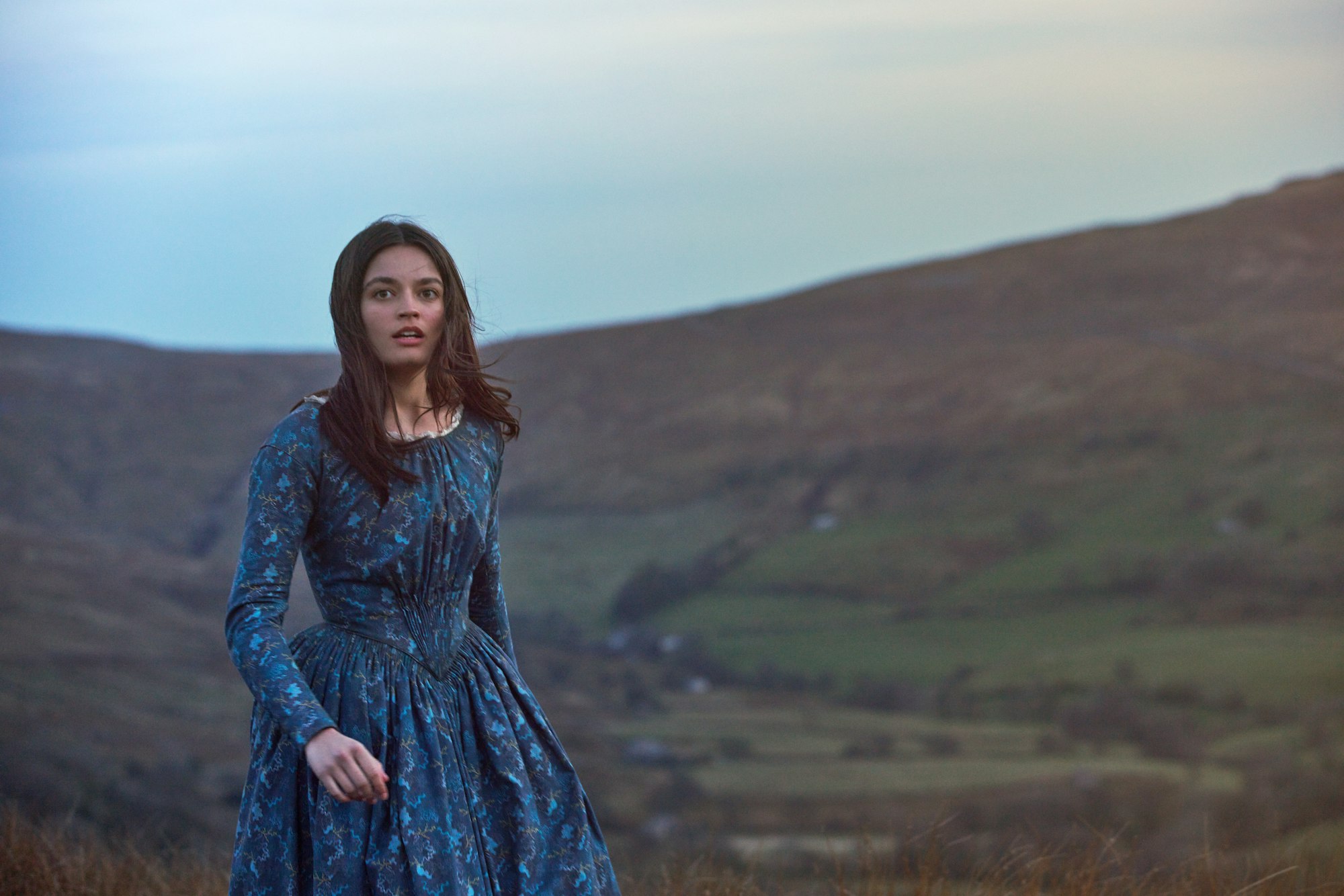Words by Joe Williams
One of Emily’s many strengths is the way it taps into its titular character’s inner-wildness.
In an incredibly impressive and assured directorial debut, Frances O’Connor presents us with an original portrait of a woman ahead of her time, vividly capturing and juxtaposing the young novelist’s burning creativity and modern sensibilities with the rigidity of nineteenth-century society. Deftly opting to allow the audience to experience what Emily’s going through, rather than telling us, O’Connor crafts a singular and sensory film that defies the usual ‘period-film’ conventions. Much of this can be attributed to her use of composer Abel Korzeniowski’s wonderful – and often strange — soundtrack.
Frances explains how they collaborated to create such a unique score.
I understand music and I understand what music can do - but working with someone like Abel is next level.


Joe: This is your directorial debut - how did you find navigating your first collaboration with a composer?
Frances: It was just one of the most pleasurable, creative experiences I’ve had I think. Music is really about emotion, and just kind of having that relationship with Abel - the discussions about what we were trying to achieve, and then a completely different art form to see him kind of realise it. You know, from words and a discussion to then him presenting a first take of what it could be. It was just really exciting - I come from quite a musical family - I understand music and I understand what music can do - but working with someone like Abel is next level.
What was your first introduction to his music?
I saw A Single Man, and there was just something about that soundtrack that I really loved. It felt very disciplined, but also very emotional and there was a simplicity about it that I really loved — and then I thought the music he did for Tom Ford’s next film, Nocturnal Animals, it felt very like a Bernard Herrmann score - it had a sort of Hitchockian, cinematic, immediate element to it. And subsequently other scores that he’s done, I just feel like they’re very singular and it doesn’t feel like a generic thing, and you don’t feel like he’s churning them out. When you meet him in person, it’s the same thing — he’s a real artist and, if he likes your project, he’ll really go the extra mile.
Abel was always my first choice for it - I felt like I needed something quite muscular, but also quite delicate.
At what point in the process did Abel come on board?
Because I’m a first time director, it’s hard to get the attention of a really big composer, so I thought I’m going to wait until I’ve got a cut of the film. So I waited until I got what I thought was the strongest cut - just before we locked it - and I sent it to Abel. He was always really my first choice for it because I felt like I just needed something quite muscular, that could also be quite delicate, to sort of bridge this gap between what is quite classical but has this modern sensibility. So many elements in the film are about this balance between something feeling quite human and modern, but also of its period.
And that’s what Abel does very well. So we sent him a cut of the film and he was about to do a project, but due to the pandemic the dates shifted so suddenly this gap opened up and allowed him to do our film. So he saw this cut of the film and really connected to the story, Emily, and Emma’s performance.

What did the discussions between you Abel on the score for Emily look like?
We centred the score around the idea of experience, around the idea of her experience so the music wasn’t prescriptive, it didn’t tell the audience what to feel, it just shadowed what she was going through, in a way. For example, when Emily and Weightman have that moment where they meet in the college, and make love for the first time, we could have done a very romantic score that was kind of violins going crazy. Instead we did something very much about vibrations, this feeling of intoxication, so things like that are really fun to play with too, when you say "Let’s do something different in this moment." Not for the sake of difference, but so they reflect what’s going on in the piece.
Music can cut through the intellect and get to the feeling.
As a director, to what degree do you think about whether score can convey themes better than action or dialogue?
The thing about music is that it’s immediate and emotional and can work in sympathy with what’s happening, or contrast against it - music can cut through the intellect and get to the feeling. Usually, if an audience really understands the theme of the piece, they understand it emotionally rather than intellectually, and so I think if you’ve got a really smart composer, he can help you highlight the themes in a way that you understand it through experience and feeling. If you set your theme up, through dialogue, at the beginning of the film, then you can have these moments which are just musical because you’ve done all the hard work before. Music can help reinforce it and create space for the audience to think about it.
To what extent did you think about the music before you brought a composer on board?
I did have an idea of certain sequences, that had no words in them, that I felt would be supported by having music - but most moments we discovered during the edit. For instance, the 'Mother' theme in the mask scene: that was something that we kind of discovered in the edit, that then Abel saw and really took to the next level.
It was kind of a combination of things that I had written, things that we discovered in the edit and then things that Abel and I discovered, where he would say, “I think this could be a great place to link these two themes, or two scenes thematically with a little musical something” or he would put a theme in earlier that he was going to expand on later so he could get this fluidity through the storytelling. That was very exciting, to have these different moments with the music.
It’s very scary for a director, who’s sat with a project for so long, to hand over literally fifty percent of the movie. You have to be in a strong position of trust.
Generally speaking, what do you want from composers?
I think you need a free-form, open conversation so that the two artists, sitting in a room, can talk about the work that’s in front of you in a way that feels so fluid. It’s very scary for a director, who’s sat with a project for so long, to hand over literally fifty percent of the movie: the sound and the music. It’s a big exercise in trust. You can’t control it too much. Both artists, the director and the composer, have to be in a strong position of trust. Apart from the fact that Abel created the most beautiful music, the fact that he was interested in having a conversation that was honest and authentic was hugely appealing.
Would you do anything differently, score-wise, for your next film?
I just really enjoyed the process so much — the next thing I’m going to do is more modern, and will have some more needle-drop moments with the soundtrack — I’ve just learned so much about levels, seeing how far we could push the sound in terms of having moments with quite a big sound then having that drop away to silence, playing around with dynamics — I’m very open to seeing what the next thing I could do is. Going through the process of working with Abel, knowing what we can do, has definitely informed my writing process for the next project. I’d definitely want to work with Abel again.
Going through the process of working with Abel, knowing what we can do, has definitely informed my writing process for the next project.
I actually don’t know if I’d want to bring the composer on sooner than we did: working in the edit, just you and the editor, helps you understand what you’re going for, so that when you sit down to talk to the composer, you kind of know how the music is going to function in a pretty detailed way. It actually allows you to be quite relaxed when begin working with the composer, because you’re already fairly sure what area the music will sit in with relation to the narrative, having worked on a developed cut without any music — you understand what’s missing. Having said that, I would love to go through the process of working with a composer who’s watching the edit as you go — I would like to see what that process is like.
'Emily' is in cinemas now, and the Original Motion Picture Soundtrack is available here.
